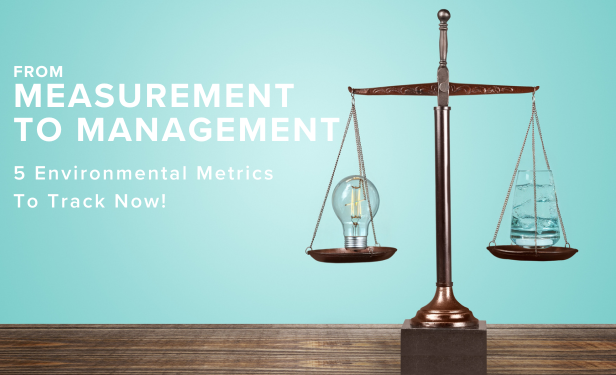
The Bee’s knees sustainability blog
From here to there
Ground transportation can be a big piece of the carbon emissions pie for events, though we know that the environment isn't the only consideration about how to get from here to there. By examining a few common modes of event transportation, we'll show you how considering sustainability can be convenient, cost effective, and responsible.
Six Cost-Neutral Ways to Improve Event Sustainability
Hosting a sustainable event doesn’t have to be expensive. This guide presents six practical, strategies to boost sustainability that don't cost anything extra. These tips reduce environmental impact and can also save money in the long term.
Closing the Loop
Brochures, construction materials, coffee cups, food scraps, tote bags… event waste can be diverse and extensive. We use the Zero Waste Hierarchy as one tool to reduce and dispose of event wase - find out how it works!
Inclusive Events
A sustainable event includes an atmosphere where everyone feels welcome and comfortable. Here are a few practical ways to make events more accommodating to people with sensory challenges or neurodiversity.
Eco Friendly Elegance
From eco-friendly carpets and flooring to recycled furniture, innovative signage, and creative balloon alternatives, we delve into how sustainable choices can elevate your event's style while reducing environmental impact.
step-by-step guide to eic sustainable event standards
Certifications legitimize your organization’s sustainability efforts. One notable and popular program, the Event Industry Council’s (EIC) Sustainable Event Standards has grown in popularity for Events, venues, general service contractors, and vendors/suppliers. Here’s a step-by-step process that Honeycomb Strategies recommends for pursuing certification.
Leading the change
Honeycomb Strategies compiled this guide to help you talk with your leadership team to gain support for sustainability programs at your event. We give you talking points, data-backed research, and a range of approaches from the Triple Bottom Line to targeting a next-generation audience to achieve buy-in.
From Measurement to Management
Honeycomb Strategies’ data-based approach to sustainability says you can’t manage what you don’t measure. Quantitative metrics aid in setting realistic goals, tracking progress towards their achievement, and transparent reporting. We’ve compiled a list of five data points that are vital to tracking sustainable progress for green events to lower their environmental impact.








